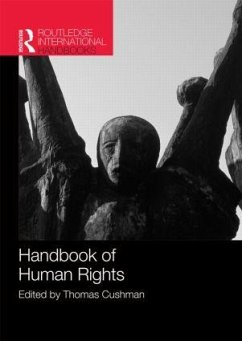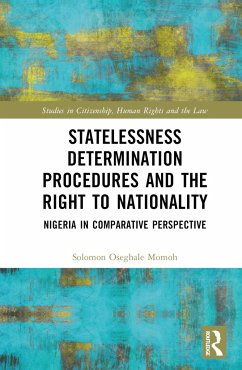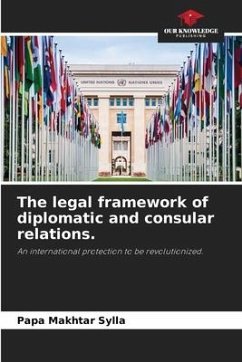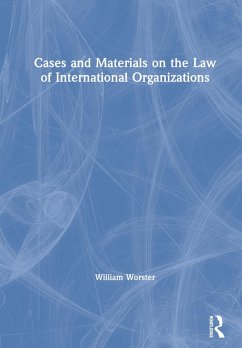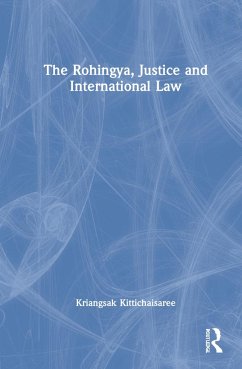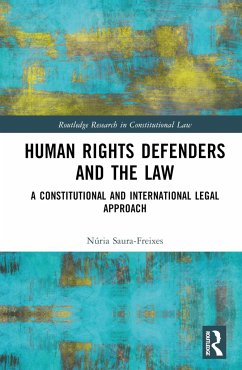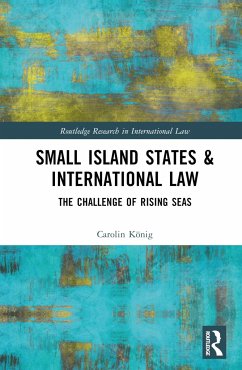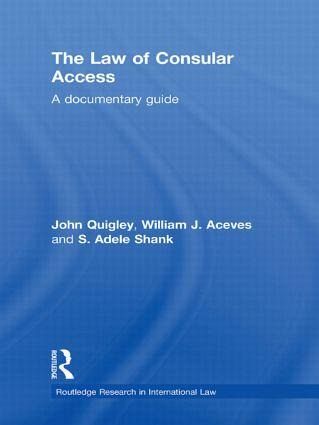
The Law of Consular Access
A Documentary Guide
Versandkostenfrei!
Versandfertig in 1-2 Wochen
181,99 €
inkl. MwSt.
Weitere Ausgaben:

PAYBACK Punkte
91 °P sammeln!
This book brings together the relevant documentary sources on the law of consular access, with significant excerpts set alongside commentary on the documents. As well as the Vienna Convention on Consular Relations, the book also includes other sources, such as bilateral and multilateral treaties, and key court cases from various jurisdictions.





